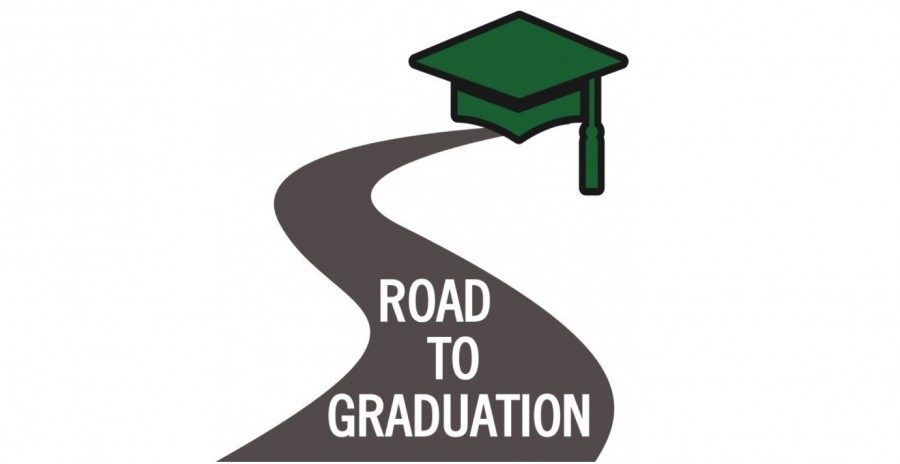Road to Graduation: Students sacrifice time to study for LSATs
Getting into top-notch law schools like Stanford and Columbia requires exceptional credentials. For example, the current median GPA of students accepted to University of Chicago Law is a 3.9 on an unweighted 4.0 scale.
Recent trends suggest that this selectivity may continue to rise in the years to come. The total number of law school applicants is projected to rise more than 10 percent this year, and no corresponding change is expected in the size of law school classes. That means that one of the most challenging processes in the post-undergraduate world is about to become even more difficult.
Many Tulane students are on the path toward law school and recently discussed the sacrifices they have made to pursue a career in law. Emma Haas, a senior triple-majoring in political economy, public health and economics, emphasized how different her experience at Tulane has been compared to her friends who do not plan to attend graduate school.
“I definitely have sacrificed a lot of the social benefits that come from college. There are so many nights I chose not to go out because it just wasn’t the strategic decision,” Haas said.
Such sacrifices are not confined to the school year. Students like Haas often forgo their summers and potential income in order to gain experience in law and become more competitive applicants.
“You need to work hard and find internships that aren’t going to pay you, even though they demand just as much work as other fields,” Haas said. “That means either working a second job or incurring more debt.”
In addition to losing time and income to unpaid internships, aspiring law school students often expend much of their remaining energy prepping for the Law School Admission Test, commonly referred to as the LSAT. Tess Hannum, a junior studying finance and legal studies, said she is working to find an LSAT prep course to take at night or on the weekends outside of her internship.
https://twitter.com/TulaneLaw/status/938054088402620416
Often, students feel driven to make these sacrifices because of the financial gains a lawyer can earn by attending an elite law school. The median starting salary for a Harvard Law graduate is more than $60,000 higher than that of a Northeastern Law graduate. For students like Hannum, that higher wage could make the difference in deciding to attend law school or not.
“If I get into a top 10, maybe top 15 school, then I could go, but if I don’t then it just doesn’t make sense to pass on a job in finance, especially when I look at the comparison between the costs of law school and the salary of those jobs,” Hannum said.
Despite the substantial sacrifices students incur on the path to law school, future law school students like Jared Shurman and Emma Haas have offered encouragement to those students who have begun to waiver.
Shurman reminds fellow students that earning a J.D. opens doors in the job market that other degrees cannot. Haas shared a similar sentiment for the value of the degree.
“You have to remember that this is a long-term commitment, and law school is there to test you,” Haas said. “It is there to see if you’re made for the career. But, if you’re someone who has the interest and the passion for law, it is absolutely going to be worth it.”
Your donation will support the student journalists of Tulane University. Your contribution will allow us to purchase equipment and cover our annual website hosting costs.





Leave a Comment